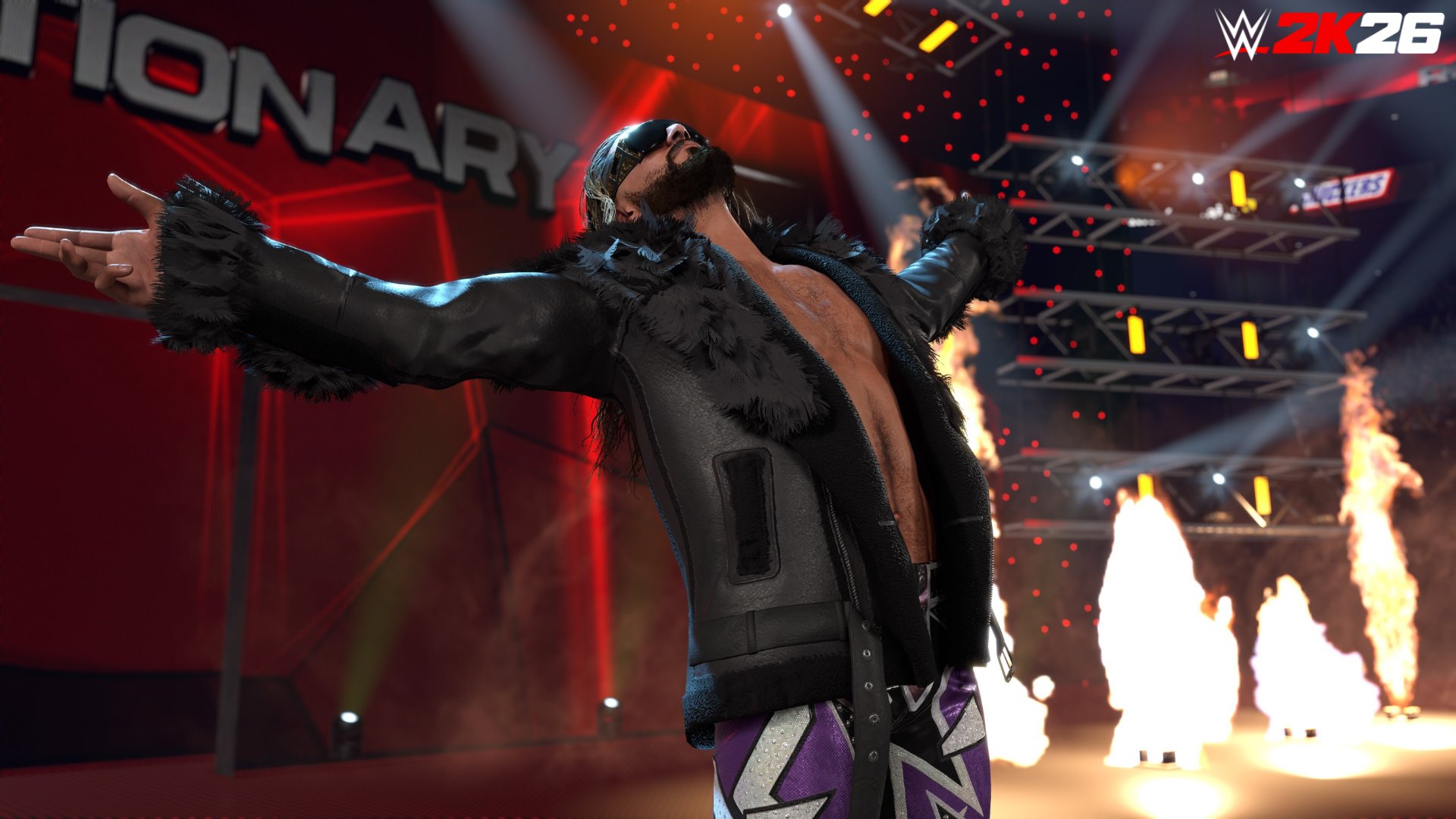Did Microsoft admit that Xbox Game Pass Ultimate was simply too good to be true? — Some thoughts on the "why."
The big news of the week was Xbox Game Pass' pricing structure, which caught a whopping 50% price increase on the highest tier. Why did this happen, and what will the future look like? Let's analyse and speculate.
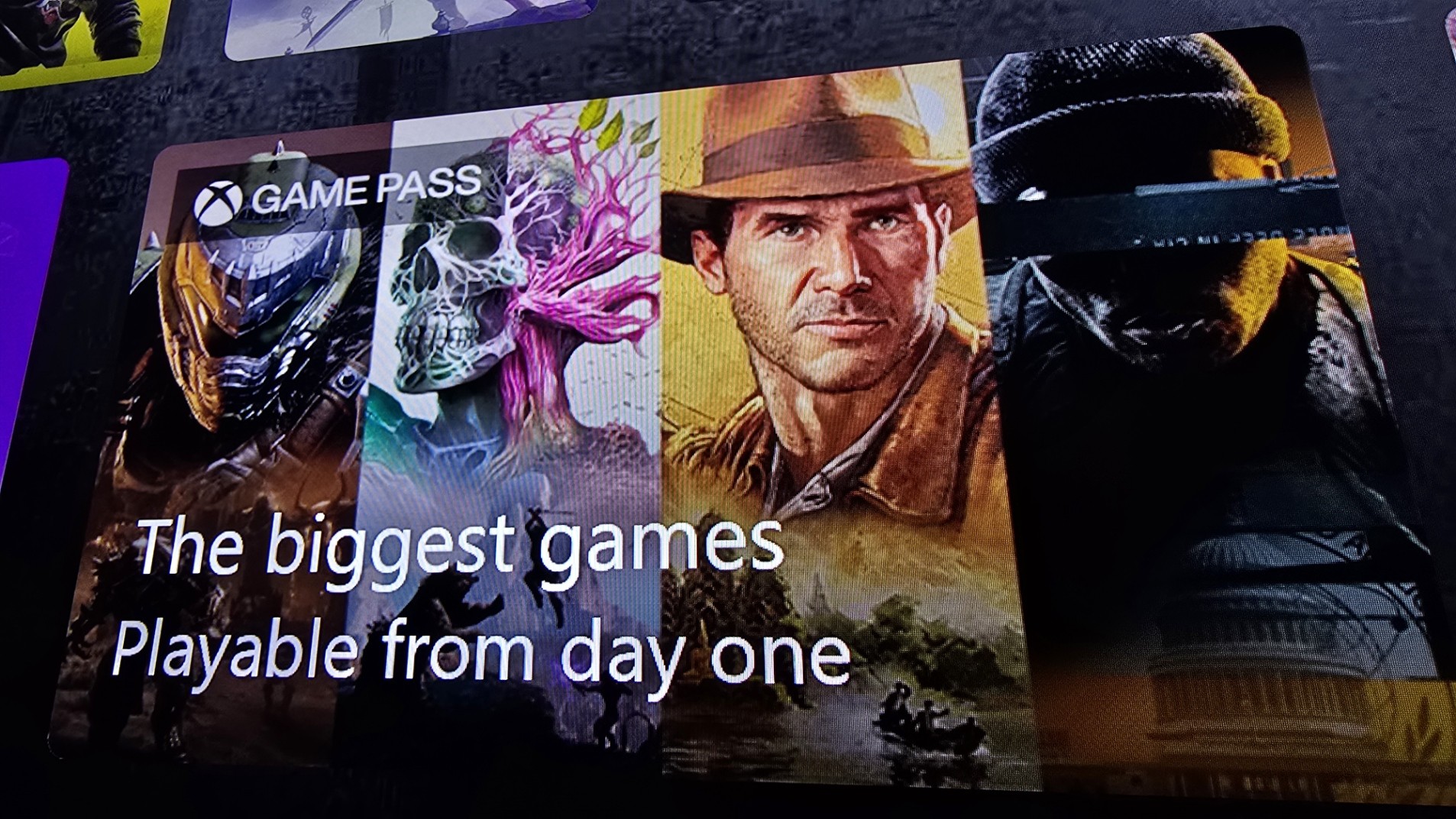
All the latest news, reviews, and guides for Windows and Xbox diehards.
You are now subscribed
Your newsletter sign-up was successful
It's been a fun week.
As I write this, I'm out of hospital with a crazy sinus infection, so apologies for those who asked for not getting to my take on the Xbox Game Pass drama sooner. I did want to collect some of my thoughts, and also talk to some of my industry contacts to get their views.
One thing that is undoubtedly certain is that a 50% price increase sucks.
Xbox Game Pass Ultimate has long been touted as the "best deal in gaming," — no longer (that's now PC Game Pass, potentially, but I digress). Microsoft boosted the price of Xbox Game Pass Ultimate by 50% this week, and also degraded some other aspects of its subscription services, such as Microsoft Rewards. Other regions saw prices increase even more than 50%, which is far beyond what you typically see of other subscription services.
Netflix, Spotify, and others typically increase prices annually based on inflation, Xbox has done this as well. But this time, it was a huge spike, while ... oddly, other tiers remained price static. In fact, the other tiers got extra bonuses, with Xbox Cloud Gaming thrown in, for example. But, the backlash has been huge and palpable. Even mainstream outlets like the BBC have covered it, and there are viral tweets with millions of views lambasting the move.
🫡 pic.twitter.com/VVNrVVoxrnOctober 2, 2025
Microsoft had to know this was coming, and the disproportionately large price spike is evident that this was less about simply heading off inflation. It's really tempted of me to just call it greed (especially given the $100+ billion annual profits Microsoft enjoys), but the fact the other tiers didn't get price increases suggests to me something else.
I expect that the reality here is that this was a structural change to adapt the service to maturing user behaviour, which has at least in part created a less-than-virtuous cycle hurting both Xbox Game Pass and Call of Duty, and potentially, misbalancing the service. I also think the strong spring-summer Xbox Game Pass cadence gave Microsoft new data about how it can fix churn rates (i.e., people unsubscribing), which maybe informed them to change tactic. Also, things like Xbox Play Anywhere and PC devices like the Xbox Ally are becoming a factor as well, which increasingly erodes the idea of a "per-device" Game Pass subscription all up.
All the latest news, reviews, and guides for Windows and Xbox diehards.
But, this all might be too far in the other direction. Will the new structure pay off for Xbox Game Pass long term? Was this all a HUGE mistake? It remains to be seen what will happen from here, but here are some of my thoughts about what's actually going on, now that the dust has settled a bit.
Xbox Game Pass the Disruptor

The key issues here are multi-faceted, and they aren't as simple as "greed did it," although as noted, that's undoubtedly a factor in my opinion. Microsoft in 2025 is less ethos and mission-led than ever, and driven and incentivized heavily to pad its ridiculous shareholder valuation — increasingly driven by (potentially baseless) AI hype.
Xbox is under political pressure internally, from the likes of CEO Satya Nadella and CFO Amy Hood, to deliver the kind of profit margins that can justify gaming's existence within the wider org. Microsoft is in this weird transitionary universe across its entire portfolio right now, with generative AI upending almost every traditional market. Microsoft is reportedly working on an AI-first version of Windows, where voice interactivity is considered a primary input modality next to mouse and keyboard. The panic in tech companies over being the "one that fails" to figure out how to truly mainstream AI is incalculably large. CEO Satya Nadella himself said that he can't sleep at night worrying that Microsoft will miss the boat here.
So imagine if you're Xbox. You're essentially a legacy, almost retro entertainment platform, associated with moms and dads at this point. Younger gamers couldn't care less about your existence as an entity, and older gamers are aging out or moving to more open platforms like Windows itself — where Microsoft sees little direct gaming revenue, thanks to Steam. That's if they're even gaming at all.
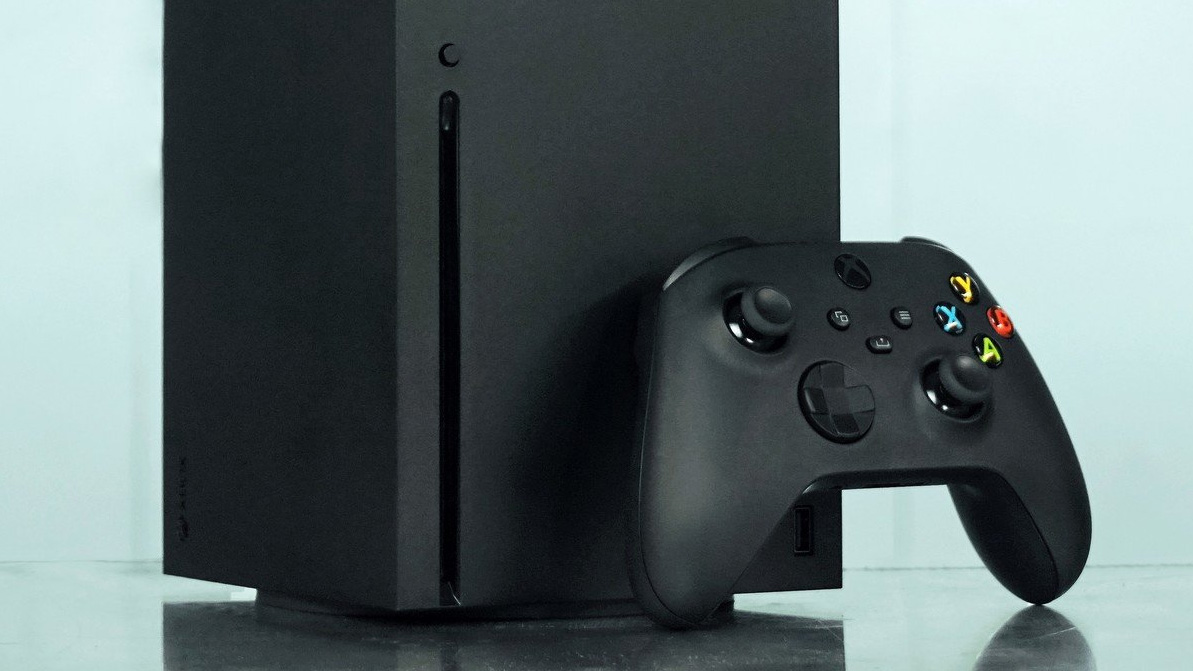
Microsoft's historical lack of investment in Xbox resulted in them losing the "console war" to PlayStation. Most of you know the history at this point, but a weak global distribution sales force combined with the poor reveal of the Xbox One, at the start of the digital generation, sealed Xbox's third-place fate.
Microsoft's unwillingness to rebuild and directly compete is a frustrating defect of its entire business. That's a result of the quarterly-results driven mentality that permeates it, and many other publicly traded companies. Instead, Microsoft prefers to move sideways, disrupting and innovating. Why? It's ultimately potentially cheaper. Trying to compete head on with an established entity essentially requires you to outspend them, and there's no guarantee you'll even manage to beat them either.
That's not to say Xbox hasn't spent money. Quite the opposite. Microsoft invested tens of billions into Xbox, via Activision-Blizzard and Bethesda acquisitions, among others. But, just imagine how much more investment it would've taken to truly compete with PlayStation head on. Call of Duty is an insanely expensive game to make, and taking it exclusive to Xbox simply was never on any realistic table.

Microsoft committed to keeping Call of Duty multi-platform with regulators, but envision a scenario where Call of Duty went exclusive to Xbox to try to convince PlayStation users to buy Xbox hardware. This would, at least in the short term, result in hundreds of millions of dollars in lost sales potentially. It wouldn't have resulted in a clear guarantee people would've switched over either. What if Battlefield had stepped up to replace Call of Duty as the default FPS on PlayStation? Etc. etc.
Disrupting Activision's established multi-platform business model for a chance of acquiring some PlayStation users wouldn't have been worth the risk for Microsoft, especially when you take a long-term view of the industry at large. Most analyses suggest core gaming isn't really growing, so all you're doing is cannibalizing PlayStation to eventually arrive at the same growth issue. That's even if regulators would have allowed it, which they evidently wouldn't have.
The only option on the table for Microsoft, realistically, is disruption. It's from this "disruptor" ethos that Xbox Game Pass was born in the first place, alongside things like Xbox Cloud Gaming, Xbox's PC push, and even Xbox Live previously.
Evolving user behavior vs. future projections
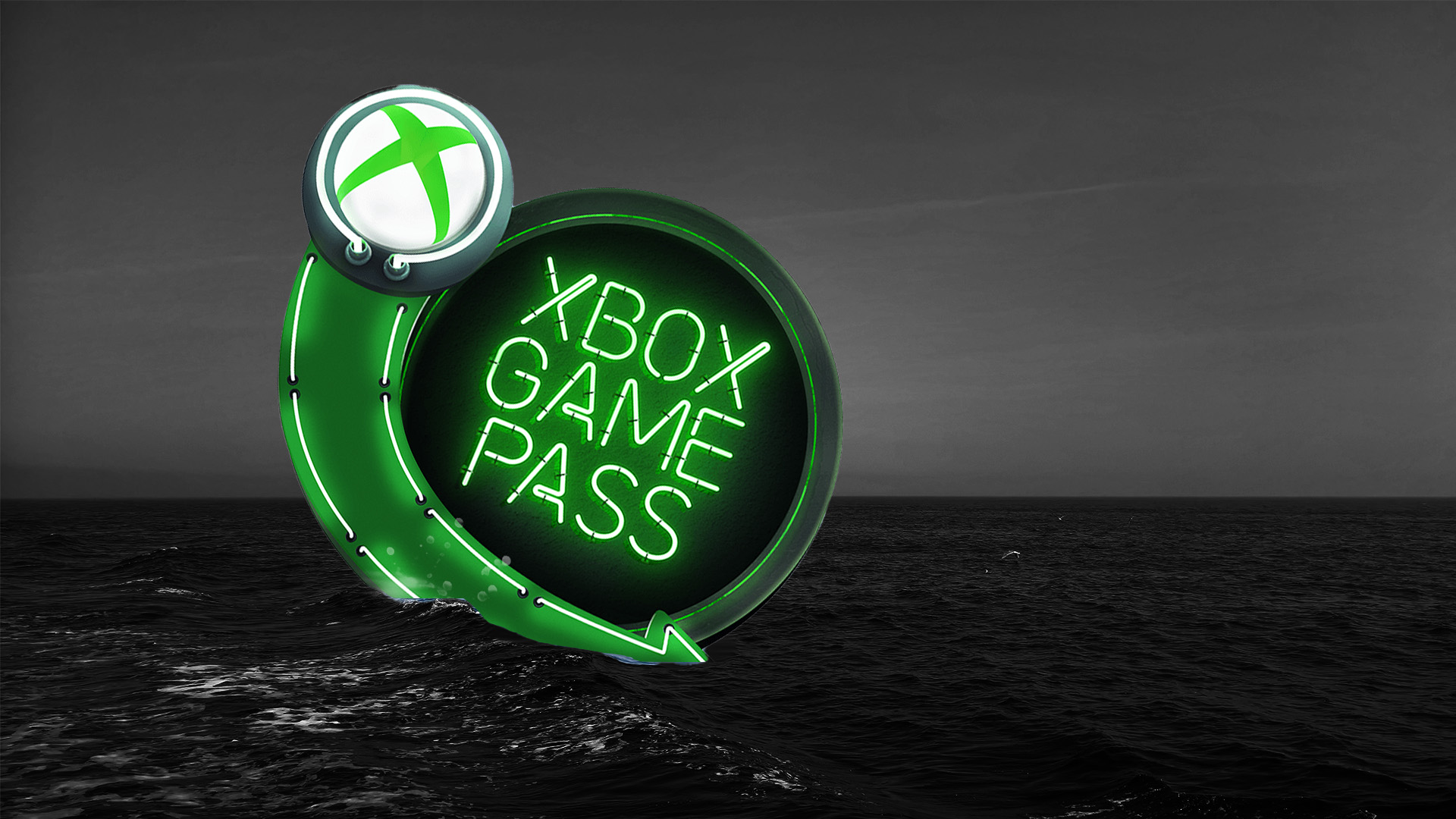
Inflation, tariffs, and other factors drive up business costs, and lower profits. There's no universe where a company as big as Microsoft or even just Microsoft Gaming, can adopt a position of "well we'll take the hit and ride it out," what if the macroeconomic storm never ends? Microsoft's view is that it has to keep moving, and figure out how to mitigate the present day reality and attempt to maneuver around future predictions and projections.
This is where Microsoft hasn't always been particularly proficient or dynamic, in my view, and it's hardly defensible when you zoom out and look at Microsoft's noted $100+ billion annual profits. But, all that cash on hand is ultimately being reinvested prolifically in Microsoft's AI posture — which Xbox is bound up in, for better or worse.
Xbox Game Pass became a vehicle for Microsoft to keep growing the platform in a universe where PlayStation and PC were taking chunks out of the userbase. It rides the subscription wave, which Microsoft has already been incredibly successful in already. Microsoft also hired various Netflix alumni to explore this model for gaming specifically, albeit as a supplementary service for its overall business. Indeed, the contention over Xbox Game Pass often revolves around whether it's healthy for the industry, or even Microsoft itself, as retail sales become cannibalized by the subscription.
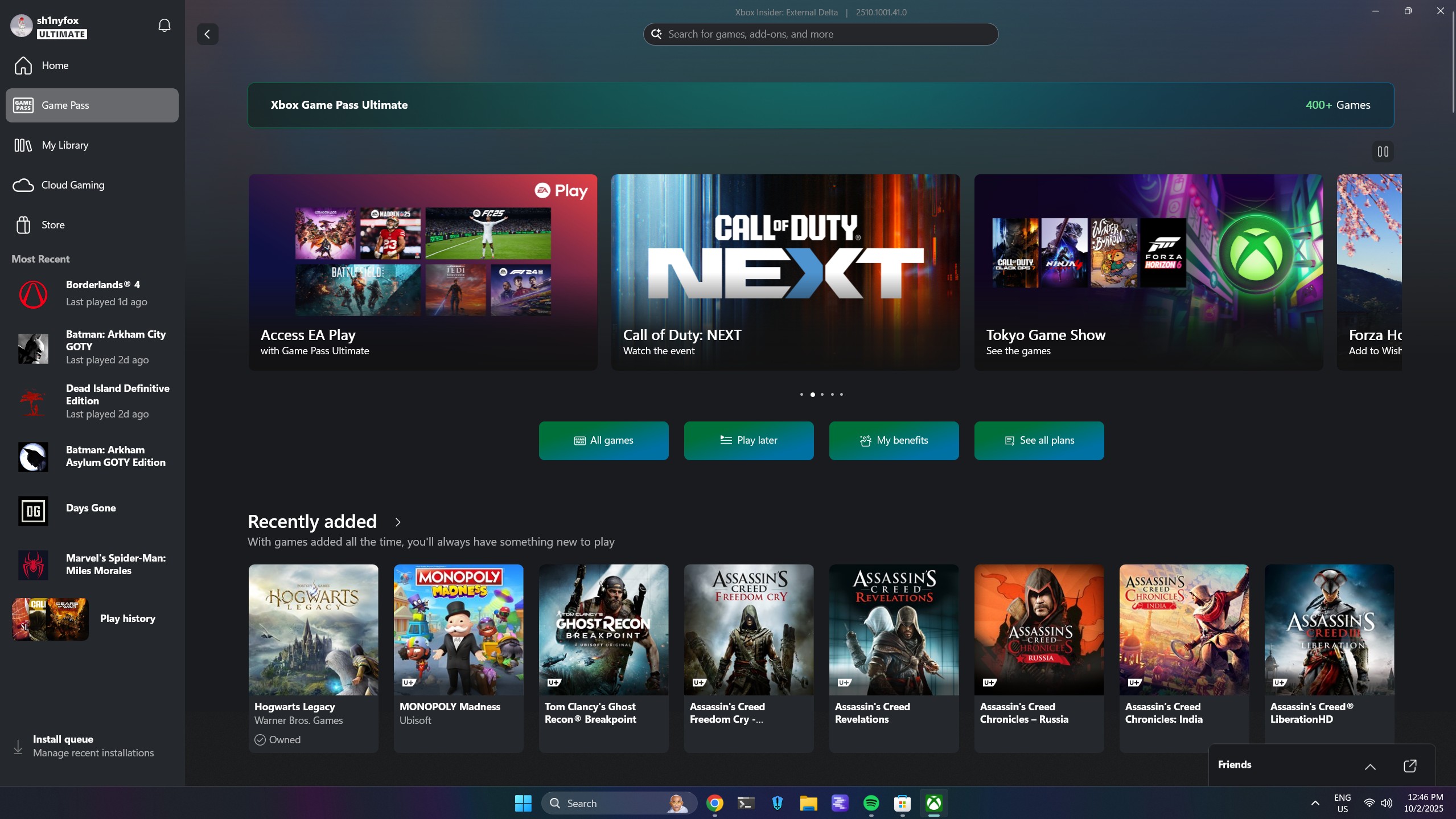
I wrote previously about how Microsoft charges Xbox Game Pass fees back to first-party developers based on weighted sales projections, Microsoft internally calls this formula its "member weighted value" figure or "MWV" on internal docs. Although it's potentially up for debate about how fair this is without independently verifying the math and data being used. I'm not sure why Microsoft would want to pad the numbers in any way, they'd only be harming themselves, but everything is a conspiracy in 2025 innit. What I think is less up for debate is how much of an impact Call of Duty's inclusion has had on the service in both directions.
Call of Duty is insanely expensive to maintain, and projections over how users are interacting with the franchise now that it's included in the Xbox Game Pass subscription is likely what's driving these price rises above everything. It's no coincidence that Xbox Game Pass Premium and Essential tiers explicitly state that Call of Duty is not guaranteed to ever enter these Game Pass tiers. Only Ultimate gets guaranteed access day one, and it is now the most expensive tier by a much wider margin than it was previously.
User behavior around Xbox Game Pass has evolved over time. In the early days, Microsoft said that Xbox Game Pass had given games like Sea of Thieves an almost "free-to-play" style word-of-mouth virality, where simple virtue of access helped boost the game. But as more people became aware of what games would be heading into Game Pass, we no longer see Microsoft make these kinds of comments. If users all up decided to not purchase Call of Duty and play it entirely via Xbox Game Pass — the mathematical damage is obvious at both ends. And as user behavior evolves, Microsoft likely expects the damage to get worse. Microsoft would have less money to reinvest in fresh content to prevent that churn rate (i.e., people unsubscribing/getting bored), and Call of Duty would gradually lose its retail sales revenue stream.
If users all up decided to not purchase Call of Duty and play it entirely via Xbox Game Pass — the mathematical damage is obvious at both ends. Microsoft would have less money to reinvest in fresh content to prevent churn, and Call of Duty would lose its retail sales revenue stream.
Microsoft explicitly stated that they intend for Xbox Game Pass to have a minimum of 75 games per year heading into the service. That seems awfully specific, and makes me think that Microsoft has effectively portioned out three cohorts of user behavior it is targeting more strategically with the new pricing structure.
Xbox Game Pass Ultimate is for people who want to play lots of games, and a big variety of games. It's undeniable how much value is baked into Xbox Game Pass Ultimate, IF, you use all of what's on offer. I suspect for users in the Ultimate tier, the primary reason they might unsubscribe is lack of games or variety. Xbox Game Pass has had some spectacular quarters over the past year, but also some notorious drought periods. This is basically the lifestyle tier in essence — and for users who are using it heavily, Microsoft presumably mathed out that in order to retain those users, they need a very steady cadence of high-quality game releases. A cadence that, at $20, it potentially couldn't fill — particularly with Call of Duty studios vacuuming up a lot of the projected sales fees.
Microsoft knows the price increase disincentivises people out of that tier. Even I unsubscribed, and I'm quite a heavy gamer. Most of Windows Central staff either cancelled, or moved to lower tiers as well. I would be absolutely shocked if Microsoft wasn't expecting this, which is why I'm not really expecting them to reverse course in any meaningful way despite the backlash — unless the drop in users became untenable.
Will Microsoft stick to its guns?
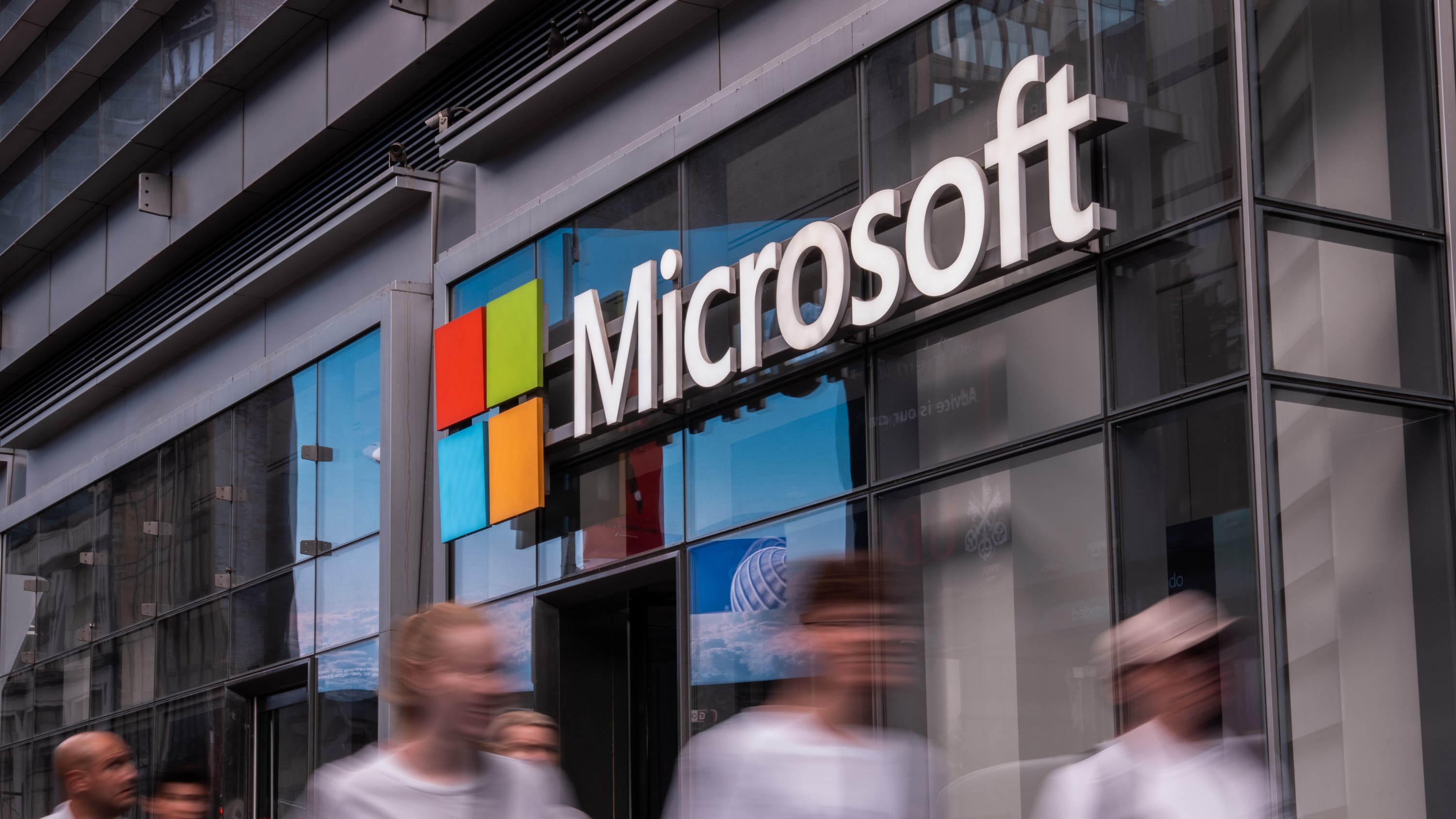
While undoubtedly, Xbox Game Pass Ultimate likely lost hundreds of thousands, maybe millions of subscribers this week. I suspect many users have swapped over to lower tiers, and many others have cancelled out all together.
Microsoft does dumb stuff all the time, but it's not stupid all up. It would be a shocking revelation to find out they thought people would be chill with a 50% price increase, so I can't help but think it was quite an intentional, thoughtful figure.
In conclusion, I think Microsoft saw how much additional volume, subscribers, and sessions they could extract when they did have such a high-quality sprint. Into the summer, headlines were written about how well Xbox Game Pass had been positioned in the spring-summer quarter. Blue Prince, DOOM: The Dark Ages, Elder Scrolls IV: Oblivion, Expedition 33, and even more. Microsoft will have looked at the data emerging from that quarter, and thought "damn, what would it cost to be able to do this every quarter?"
I imagine the answer was $30.
But that's the optimistic view. Maybe Microsoft genuinely does have no clue what it's doing, maybe this is all designed to race to the bottom as it prepares to exit stage left — as some of the biggest doomers have suggested. But nah, I think while today, it's pretty hard to justify a 50% price increase, after 2026, the tone may be different.

Maybe those 75+ games become the magic content cadence that justifies the price, and maybe the quality is on a level that turbo charges Xbox Game Pass to the next level. Maybe this is less about greed, and more about, "we need more third-party AAA day one in 2026, especially in the year of Grand Theft Auto 6." Hey, perhaps they decided they need Grand Theft Auto 6 itself into Game Pass (lol.)
I remember what Netflix was like in the early days, before it started putting out a high cadence of home-grown, big-budget content. It was pretty anaemic. I imagine Microsoft wants to get Xbox Game Pass to that level too, but getting there is by no means cheap, and Microsoft doesn't have the appetite to commit to more gambles on gaming's future. Not when there's AI hype to be capitalized on.
So, for now, we get screwed. But, I think the real test will be 2026, where many of those who unsubscribed today (including myself) might take another look, and think "damn ... it actually it would be a lot cheaper than buying all of these great games outright."
The new pricing structure could also swing in the other direction, where boycotts and cancellations stop the restructuring initiative before it even gets started. But, what if the new structure is what Xbox Game Pass needs to get to Netflix or Disney+ headline-making, meme-creating, zeitgeist-busting cadence? What if helps Xbox Game Pass find its own "Squid Game" moment?
I do wholly concede, these are some very big ifs.

Jez Corden is the Executive Editor at Windows Central, focusing primarily on all things Xbox and gaming. Jez is known for breaking exclusive news and analysis as relates to the Microsoft ecosystem — while being powered by tea. Follow on X.com/JezCorden and tune in to the XB2 Podcast, all about, you guessed it, Xbox!
You must confirm your public display name before commenting
Please logout and then login again, you will then be prompted to enter your display name.
